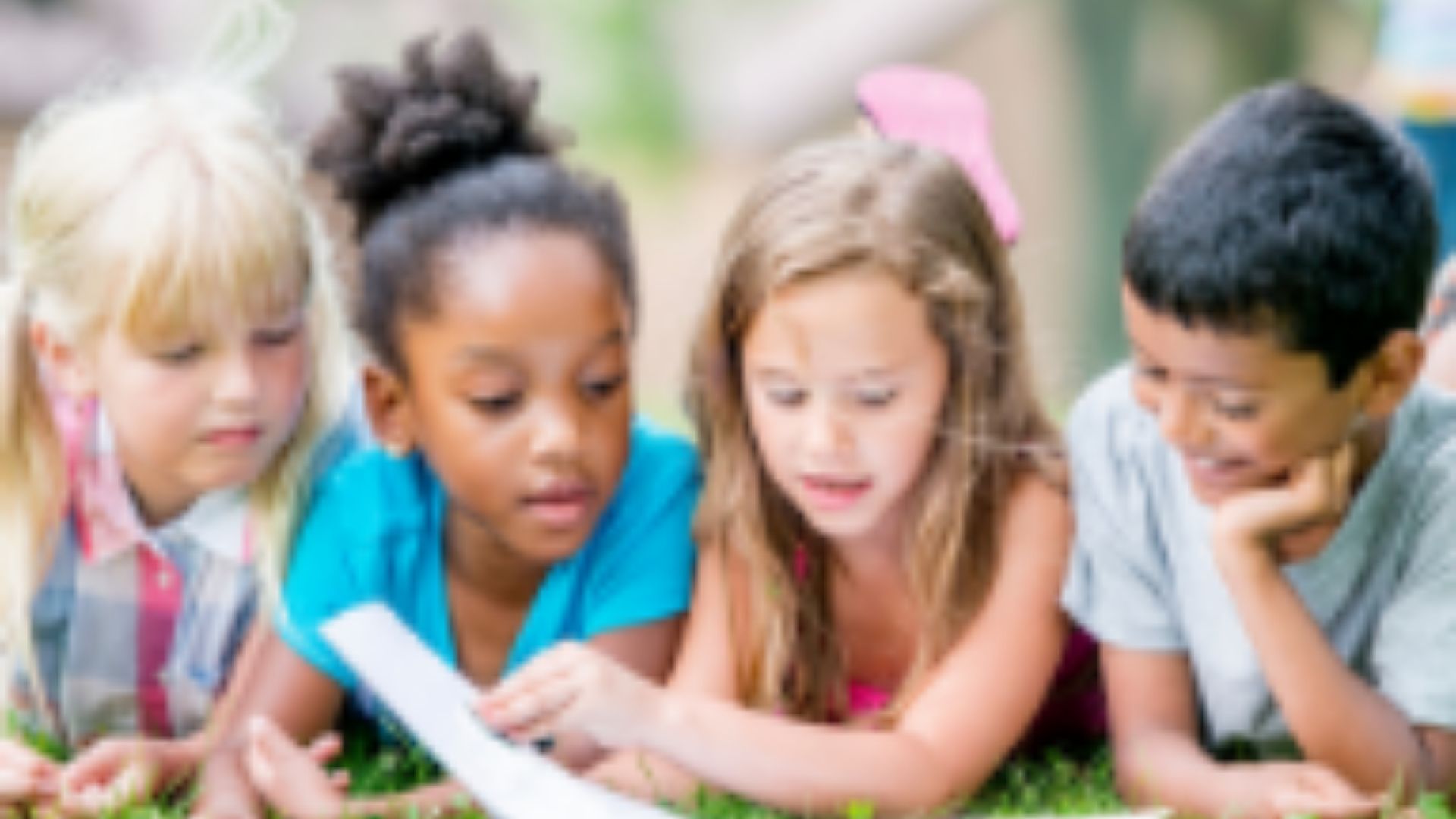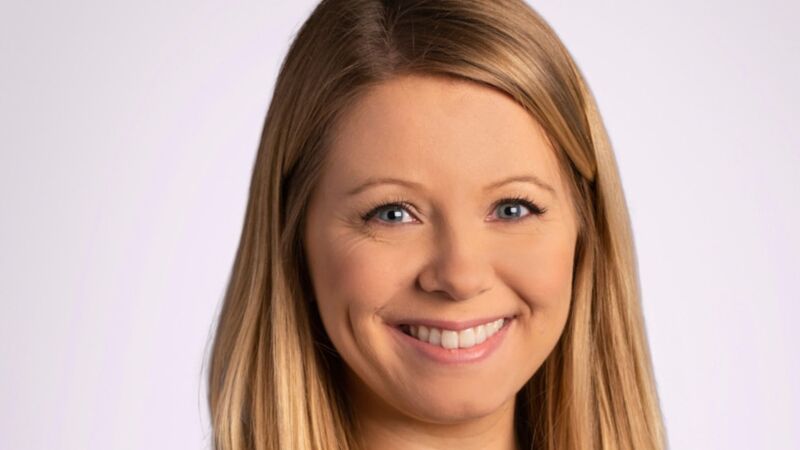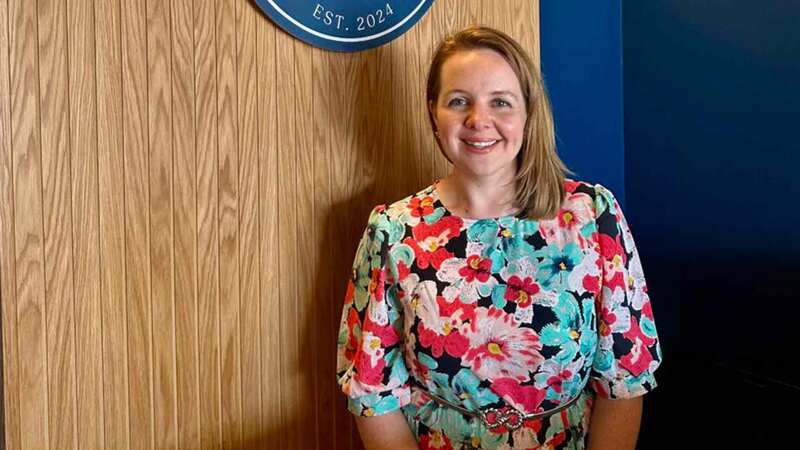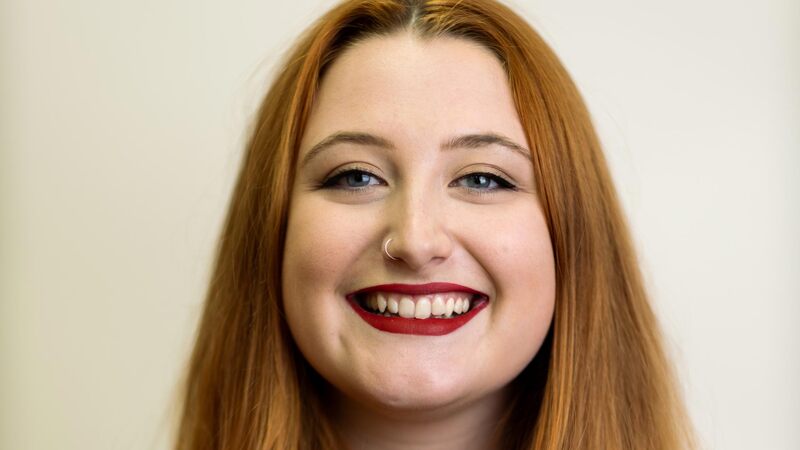You are viewing your 1 free article this month. Login to read more articles.
'Anxiety' revealed as children’s word of the year by OUP
"Anxiety" is this year's children's word of the year, according to research by Oxford University Press.
OUP surveyed more than 8,000 children across 85 schools in the UK, spanning Year 3 to Year 9, and asked them to choose the top words they would use when talking about health and wellbeing.
More than a fifth of pupils chose "anxiety" (21%) as their number one word, reflecting the widespread impact lockdown and school closures had on their wellbeing. "Challenging" came in as their second choice (19%) closely followed by "isolate" (14%). "Wellbeing" (13%) and "resilience" (12%) were also in the children’s top five words, demonstrating their positive attitude in the face of recent challenges, according to OUP.
Teachers were also asked for the word they use most often when talking to their pupils about health and wellbeing in the context of the past year. Almost a third chose "resilience" as their number one choice (31%), signalling the importance of providing their pupils with positive direction in the face of difficult times. As with their pupils, "challenging" was their second choice (19 %), and "wellbeing" came in third (18%).
Helen Freeman, director of early childhood and home education at OUP, said: “The research demonstrates how vital language is when it comes to self-expression, learning and wellbeing. In particular, the findings highlight the crucial role teachers play in equipping children with the appropriate vocabulary to articulate their emotions and support their wellbeing. It’s therefore more important now, than ever, to invest in supporting children's language development at home and in school.”
For more than a decade experts and academic researchers in the children’s language department have analysed the evolution of children’s language and how it is used to reflect their emotions and experiences. The research draws heavily on the Oxford Children’s Corpus, the largest children’s English language corpus in the world which contains language written for and by children at over half a billion words. For 2021, wellbeing was selected as the research focus, prompted by the widespread impact Covid-19 is having on children’s education and the growing awareness of children’s mental health as a key concern at home and in schools.
In response to the latest findings, the children’s language department at OUP has published the Oxford Children’s Language Report 2021 and will be updating its dictionaries and resources to further support teachers and pupils in both primary and secondary schools.
Words such as "bubble" and "lockdown" will be revised to reflect the current usage of the words in relation to the pandemic and new phrases such as "self-isolation" will be included.


















